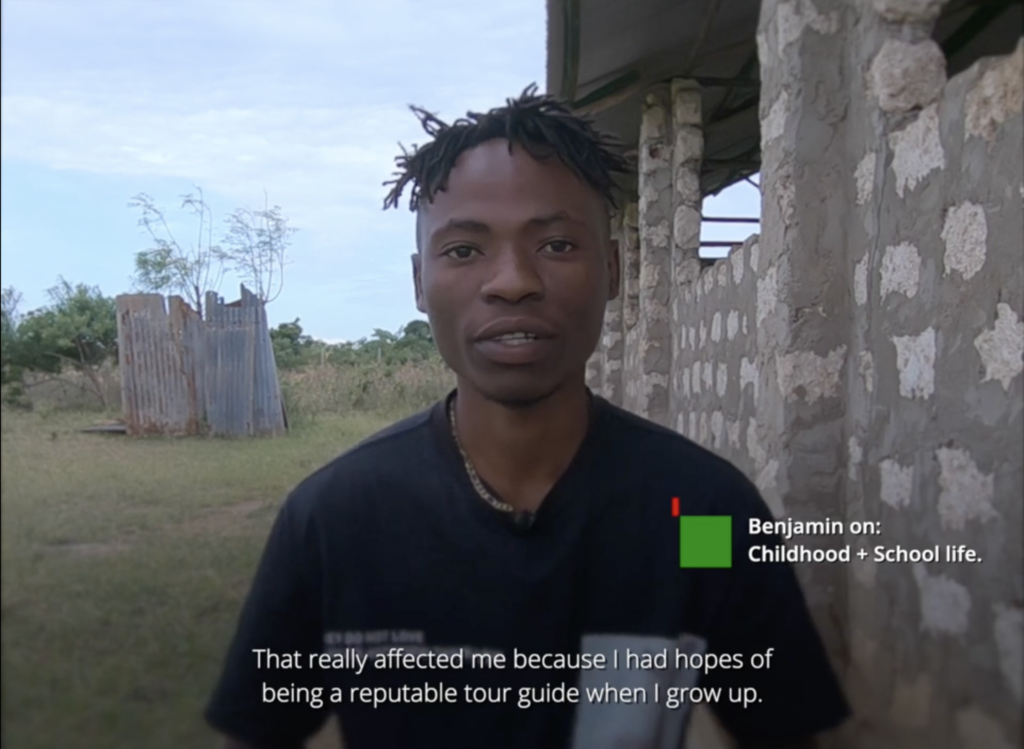As we mark International Day of Families on May 15th, it’s time to spotlight the unsung heroes shaping our societies: families. This isn’t just a day to celebrate the myriad forms of family units but also to confront the stark realities many face, especially those in rural and remote communities.
Picture this: a small village nestled in lush, rolling hills, miles away from the nearest city. The scenery might be serene, but the lives of the families here are anything but tranquil. Their challenges extend far beyond geographic isolation, compounded by socioeconomic and cultural dynamics. Limited access to healthcare, education, economic opportunities, and social services starkly contrasts with their urban counterparts, magnifying the struggles of family life.
Many parents are kids
Consider Karisa, a 17-year-old father in the remote village of Kasikini in Kilifi County. His wife, Dama, turns 15 this May, and they have a one-year-old son. They live in a hut that once belonged to Karisa’s grandfather, who was chased away amid accusations of witchcraft. When Dama became pregnant, their families quickly arranged a traditional marriage ceremony, and Karisa was told to fend for his new family. Without skills or an ID card, he is unregistered and not licensed to drive the boda boda he sometimes uses to earn a living. More often, he joins other men on a day-long journey to remote woodlands to chop trees and burn charcoal, which he sells for a pittance of not more than 2 dollars per bag. Unaware of the environmental impact, his actions exacerbate the harsh climate, causing droughts and floods. Meanwhile, Dama, who can barely read or write, learns about adulthood from other village women who endured similar fates.
In many rural areas, families are startlingly young. A 17-year-old father, a 15-year-old mother, and their one-year-old baby are all children thrust prematurely into adulthood. These teenagers engage in sex, as they do elsewhere, but here, they are woefully uninformed about contraception and reproductive health. When a girl becomes pregnant, she drops out of school, and often the boy must too. They are left by their families to start their own, fending for themselves.
Prevailing narratives unfairly demonize these young boys, painting them as manipulative predators. This perspective is both simplistic and unjust. These young fathers are children grappling with responsibilities they are unprepared to handle. It is a double tragedy, reverberating through society for generations.
Systemic failure
This is not just a failure of individual judgment but a systemic failure. These young parents are victims of broader neglect—an educational and healthcare system that does not reach them, a society that fails to prepare them for adulthood. The consequences are profound, perpetuating cycles of poverty and social immobility.
Living in Kilifi County, I’ve witnessed the stark contrast between scenic landscapes and families’ daily struggles. Like other rural settings across the continent, families here contend with systemic barriers limiting their educational and economic prospects. This systemic undereducation and underexposure stifles ambition and perpetuates poverty across generations.
Investing in these families requires more than immediate relief; it demands a sustained commitment to creating opportunities that bridge the gap between rural and urban advantages. This involves enhancing access to robust education systems, healthcare, and economic opportunities to break the cycle of early marriage and limited life choices.
Time to renew commitment for all families
On this International Day of Families, let us renew our commitment to these fundamental units of society, especially those hidden in rural landscapes. Together, we can transform the narrative from one of survival to one of thriving, ensuring that families in every corner of the world have the support they need to rise above the challenges they face. Let this day be a reminder of our shared responsibilities and collective potential to foster a world where all families can prosper.
